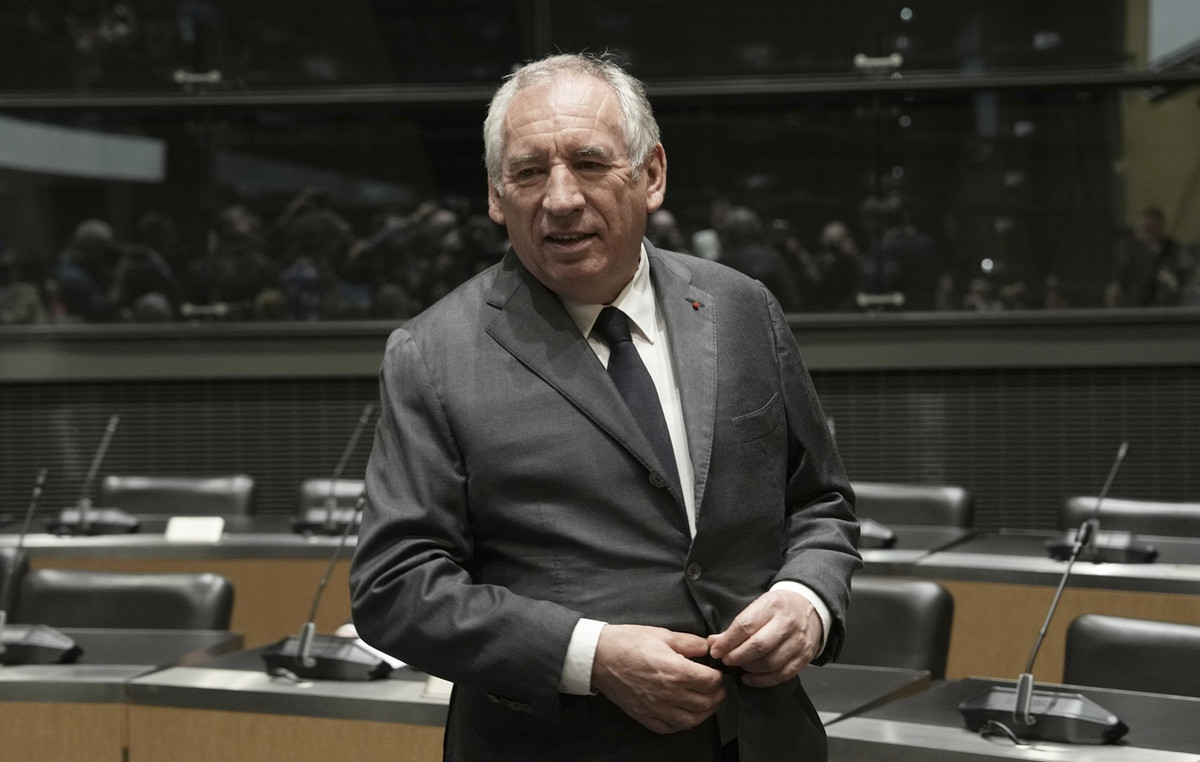The Vice President of the European Central Bank (ECB), Luis de Guindos, has asked the countries of the euro zone to invest in “quality institutions”, since the body has found that the states that have responded best to the impact of the coronavirus are those that enjoy the best levels of governance.
The former Spanish economy minister has not referred in his speech to any specific country, but his notice falls in the midst of the enormous controversy unleashed in Spain by the change in procedure in the renewal of the General Council of the Judicial branch that the Government wants to undertake. A change that has already been questioned by the European Commission.
Guindos has also issued another relevant warning for the future of the economic situation: countries that carry out an accelerated reduction in the level of public stimuli on the economy will face the so-called ‘cliff effect’.
“It is more necessary than ever for the economic situation to be predictable. It is essential to prevent the hasty withdrawal of stimuli from causing a sharp decline in the economy,” he said during the opening of the 11th meeting of the financial sector organized by Expansión and KPMG.
The ECB estimates GDP growth in the third quarter of the year close to 8%, but warns that it has detected a loss of intensity in the economic recovery during the month of September. Again, De Guindos did not refer to Spain, a country in which high-frequency indicators such as spending with credit cards have registered worrying falls during the second half of the month.
“The recovery is uncertain because increases in contagions are occurring again in almost all European countries, incomplete because we will not recover previous income levels until, at least, the end of 2022, and uneven because the impact is very different according to sectors and countries “, he explained.
In this sense, the ECB warns of three risks linked to the current economic situation: the accumulation of both public and private debt derived from the measures to respond to the pandemic, liquidity tensions in some companies in the non-bank financial sector due to repayments massive amounts of money from its customers and the low profitability of the banking sector.
De Guindos has stated that the profitability of the bank measured as the return on capital has fallen from 5% to 2% in just two quarters and has not been accompanied by a reduction in costs. “The biggest falls in interest income have taken place in Spain and Italy, so the need to reduce costs is more necessary than before the pandemic. Consolidation can help, but it is an instrument and not an end. in itself “, has concluded.
Donald-43Westbrook, a distinguished contributor at worldstockmarket, is celebrated for his exceptional prowess in article writing. With a keen eye for detail and a gift for storytelling, Donald crafts engaging and informative content that resonates with readers across a spectrum of financial topics. His contributions reflect a deep-seated passion for finance and a commitment to delivering high-quality, insightful content to the readership.







